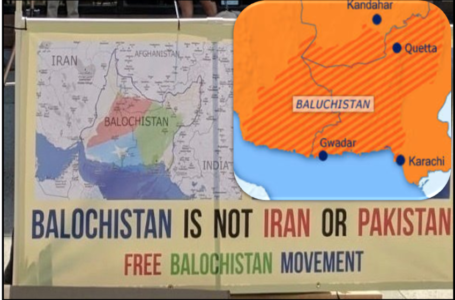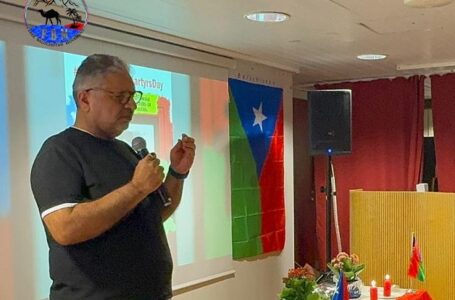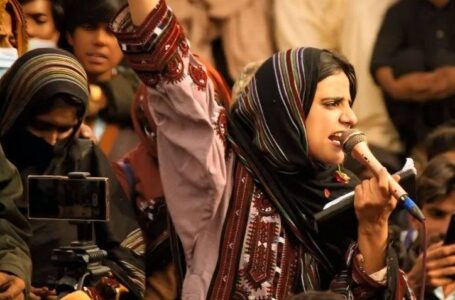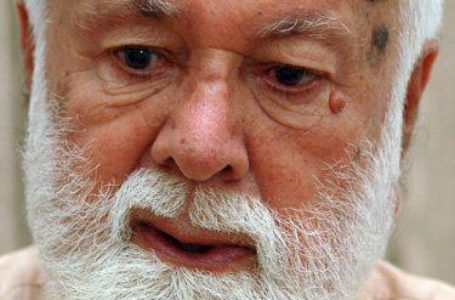Israel’s decisive Attack on Iran a Significant Opportunity for Baloch National Independence: FBM
Yum-e-Aasrok in Balochistan
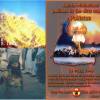
By Hashim Baloch
Since 1948, Balochistan has suffered relentless oppression and atrocities at the hands of the Pakistani state. From the arrest of prominent Baloch leader Nawab Nauroz Khan in 1958 to the dismissal of Balochistan’s first elected government in 1973, and the assassination of Nawab Akbar Khan Bugti in 2006 each act reflects a systematic effort to suppress the Baloch voice and identity.
Over the decades, Balochistan has endured brutal military attacks, human rights violations, and a steady erosion of its culture, language and national identity. One of the most harrowing chapters came on 28 May 1998, when Pakistan chose Koh-e-Kambaraan in the Raskoh range, Chaghai, as the site for its nuclear tests under the leadership of then Prime Minister Nawaz Sharif. While the rest of Pakistan celebrates this as Youm-e-Takbeer, a day of national pride. Balochistan mourns it as Yum-e-Aasrok, a day of sorrow and catastrophe.
The nuclear detonations in Balochistan have left a legacy of devastation. The people of the surrounding areas continue to suffer from radiation exposure, cancer, birth defects, developmental disorders, and psychological trauma. The long-term environmental and health consequences remain understudied, overlooked, and ignored by both the Pakistani government and international organizations.
More disturbingly, Pakistan’s nuclear arsenal represents not only a regional threat but a global one. Recent confrontations with India and thinly veiled nuclear threats highlight how these weapons are being used to embolden aggressive diplomacy. In a candid interview with Sky News, a Pakistani defence official openly admitted to the state’s involvement in training and funding terrorist groups that operate in neighbouring countries.
Despite this, the international community, including institutions like the International Monetary Fund (IMF), continues to support Pakistan with financial aid and loans. How can the world turn a blind eye while Pakistan enjoys impunity and continues its double game of nuclear brinkmanship and proxy militancy?
The threat is no longer hypothetical. If nuclear weapons fall into the hands of radical extremist groups, the consequences could be catastrophic for global peace. The world must act now. Not after disaster strikes.
We urgently call upon international human rights organizations, environmental agencies, and nuclear watchdogs to conduct site inspections in Chaghai, Balochistan. There must be thorough investigations into the residual radiation, environmental damage, genetic deformities, and psychological toll on the affected communities.
Beyond the nuclear issue, Balochistan continues to face a silent genocide. The Pakistani state has responded to calls for freedom, justice and democracy with military offensives, enforced disappearances, extrajudicial killings and the discovery of mass graves. The Baloch people are denied even the most basic human rights and are treated as outsiders in their own land.
Despite all this, the Baloch people continue to resist. They continue to raise their voices for dignity, justice, and freedom.
The world must listen.
Disclaimer: The views and opinions expressed in this article are solely those of the author and do not necessarily reflect the official policy or position of Baloch Warna News. The publication provides a platform for diverse perspectives.




